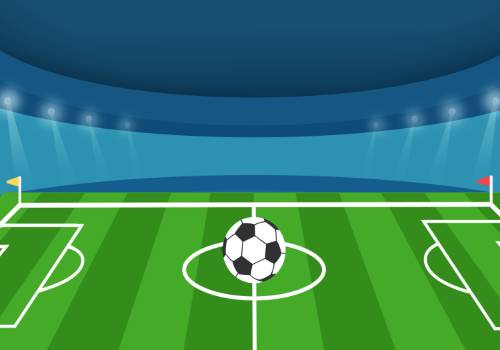英语的将来时态
2023-02-26 10:50:07 来源:教育快播网
 (资料图片仅供参考)
(资料图片仅供参考)
关键词:
- 英语的将来时态 2023-02-26 10:50:07
- 每日动态!初中的英语怎么说 2023-02-26 10:40:44
- 头条焦点:商务英语词汇特点及翻译方法 2023-02-26 10:39:35
- 职业有哪些英语单词 2023-02-26 10:35:55
- 快看:英语白痴怎么学英语 2023-02-26 10:50:23
- 托福多少分算优秀 2023-02-26 10:42:02
- 天天实时:gre考试费用 2023-02-26 10:57:18
- 今日聚焦!写一篇描写母亲节的英语作文 2023-02-26 10:56:54
- 环球时讯:写农场的英语作文100字 2023-02-26 10:43:44
- 英语一般现在时的时态 2023-02-26 10:38:06
- 世界讯息:大学英语听力考试应该怎么听 2023-02-26 10:44:31
- 天天热推荐:英语谓语动词的用法 2023-02-26 10:53:34
- 【播资讯】英语教学后记怎么写 2023-02-26 10:58:09
- 小学三年级清明节优秀作文 2023-02-26 10:58:03
- 焦点精选!感恩节带字图片大全(2) 2023-02-26 10:45:31
- 2021春节拜年祝福语 2023-02-26 10:41:02
- 【环球速看料】读傅雷家书有感600字【5篇】 2023-02-26 10:50:36
- 名著《傅雷家书》读后感范文10篇 2023-02-26 10:49:30
- 全球动态:须臾的近义词是什么及造句 2023-02-26 10:50:45
- 焦点短讯!适合六一儿童节发朋友圈的文案 2023-02-26 10:34:32
- 全球视点!2012年全国各地高考作文题目 2023-02-26 10:57:31
- 通讯!动漫美女帅气图片大全 2023-02-26 10:43:40
- 当前头条:中国医师节给医务人员的暖心温馨祝福语 2023-02-26 10:43:25
- 世界观点:李连杰死亡消息(5) 2023-02-26 10:36:17
- 环球热点!LOL五周年活动地址 2023-02-26 10:58:00
- 全球信息:中秋在哪个朝代成为正式节日 2023-02-26 10:39:27
- 8.15日本投降纪念日 2023-02-26 10:48:54
- 年终个人工作总结报告5篇 2023-02-26 10:35:35
- 2020东北师范大学录取分数_东北师范大学各省录取分数线查询 2023-02-26 10:42:04
- 速讯:3分英语自我介绍演讲稿学生5篇 2023-02-26 10:51:29
- 焦点播报:小学优秀作文自我介绍5篇 2023-02-26 10:51:04
- 儿童教育方法 2023-02-26 10:56:10
- 今日报丨172.168.1.1路由器设置的方法图解步骤 2023-02-26 10:34:11
- 观热点:离职申请书个人原因5篇 2023-02-26 10:37:01
- 天天观速讯丨《水浒传》读后感高分作文600字10篇 2023-02-26 10:38:11
- 当前热门:公司开业串词主持词10篇 2023-02-26 10:44:30
- 中秋节手抄报内容四年级一等奖 2023-02-26 10:44:33
- 讯息:四六级成绩什么时候公布2022最新 2023-02-26 10:53:15
- 环球看热讯:学校办公室主任工作述职报告10篇 2023-02-26 10:41:56
- 月亮初一作文600字 2023-02-26 10:55:00
- 天天播报:高三复读一年的费用大概是多少 2023-02-26 10:57:01
- 全球即时:铁树的养殖方法 2023-02-26 10:52:10
- 【天天快播报】话务员工作总结范文简短5篇 2023-02-26 10:43:43
- 环球百事通!志愿活动策划书模板范文 2023-02-26 10:47:44
- 世界报道:qq个性签名字符大全 2023-02-26 10:32:07
- 每日快报!教师培训个人工作总结精选8篇 2023-02-26 10:51:21
- 环球头条:懊悔的意思是什么 2023-02-26 10:37:55
- 天天播报:2023年情人节真情告白语录(15篇) 2023-02-26 10:55:27
- 天天短讯!元旦是法定节假日吗_2023元旦高速免费吗 2023-02-26 10:31:52
- 当前快讯:赞美劳动者的句子100句 2023-02-26 10:41:49
x
广告
x
广告
